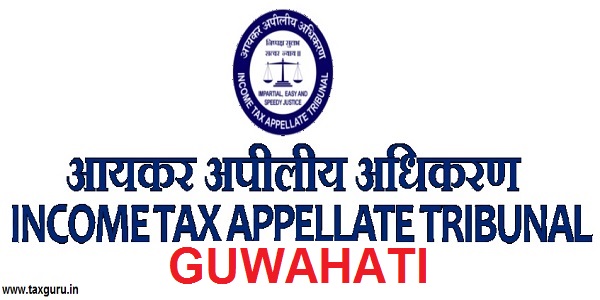Case Law Details
Brief of the case:
High Court Calcutta held in CIT Vs Balampur Chini Mills Pvt Ltd that even if the assesse had voluntary disclosed its income by filing revised ROI though not detected by the revenue during scrutiny proceedings u/s 143(3), penalty u/s 271(1)(c) would be levied. Moreover High Court held that it was a presumption of sec 271(1)(c) that when there was difference between the assessed income and income returned by the assesse then penalty u/s 271(1)(c) would be levied. Moreover if search would not be happened at the premises of its sister concern then assesse would not have disclosed its undisclosed income of Rs 3.40Cr. So it was revenue who had detected the undisclosed income. So penalty u/s 271(1)(c) would be levied.
Facts of case:
Assessee had filed its normal ROI u/s 139 and its case was also assessed u/s 143 (3) and order was passed but after some spam of time, assesse filed its revised return disclosing income of Rs 3.40 Cr. Then revenue issued a notice u/s 148 to the assesse and asked to file its ROI for sec 148. Then assesse replied that its above revised ROI was a return for sec 148 then its case was opened for re-assessment. As the assesse had filed its revised return after disclosing income of Rs 3.40 Cr in excess than of before, so AO initiated penalty u/s 271(1)(c) for the concealment of income. CIT(A) confirmed the order of AO but ITAT reversed the order of CIT(A) and decided that penalty would not be levied.
Contention of the assesse:
Assessee was of the view that it had filed its revised return of income on its own and no concealment had been detected during the course of assessment proceedings and mere acceptance of higher amount by the assesse would not amount to concealment of income. Assessee was of the view that it had just revised its return to get relief from the litigation of the revenue and to buy a peace. So initiating penalty proceedings was erroneous in nature.
Moreover assesse was of the view that tribunal was last fact finding authority and even High court could not interfere in the decision related with the fact finding of the tribunal and tribunal decided that on the basis of facts penalty should not be levied.
Contention of the revenue:
Revenue was of the view that the assesse was confronted by D.I New Delhi with certain evidences then only it had disclosed its concealed income otherwise it would not had disclosed concealed income. The Fact that the assesse itself had disclosed its concealed income was incorrect because when the revenue had conducted search in one its sister concern and seized the records then by fear of being scolded and of litigations it had disclosed its income. So penalty u/s 271(1)(c) would be levied.
Moreover assesse was also informed through summon regarding the payment made to its sister concern for which assesse had replied through letter in which it was mentioned that it had made payment to its sister concern which we adding back to our income and paying tax on that. So with this it was clear that revenue had detected the undisclosed income. Assessee had not itself disclosed its income. So penalty should be levied for the concealment of income u/s 271(1)(c).
Held by High Court:
High Court held that the contention of the assesse that no issue had been raised during the scrutiny proceedings was not tenable and it did not mean that later on issue could not be raised. It was also correct that the tribunal was last fact finding authority and no evidence was there which could prove the alleged payments made by the assesse but on that basis it could not be concluded that there was no concealment of income arising out of furnishing of inaccurate particulars.
Moreover if search would not be happened at the premises of its sister concern then assesse would not have disclosed its undisclosed income of Rs 3.40Cr. So it was revenue who had detected the undisclosed income. So penalty u/s 271(1)(c) would be levied.
Appeal of revenue was allowed.





















